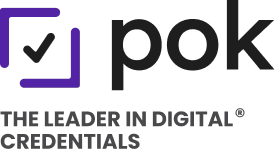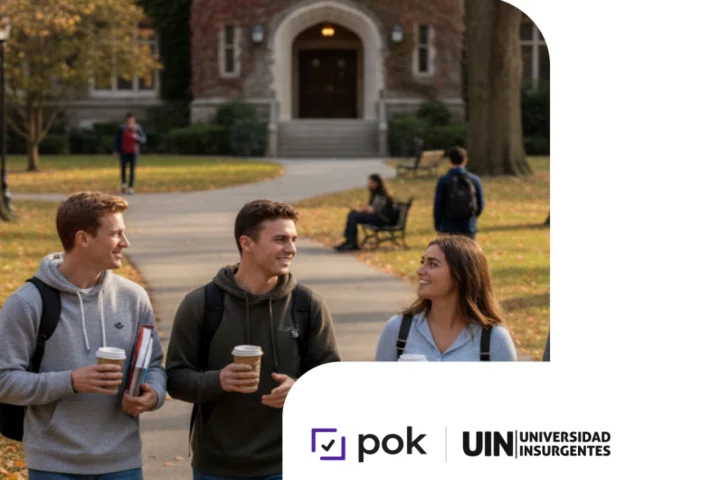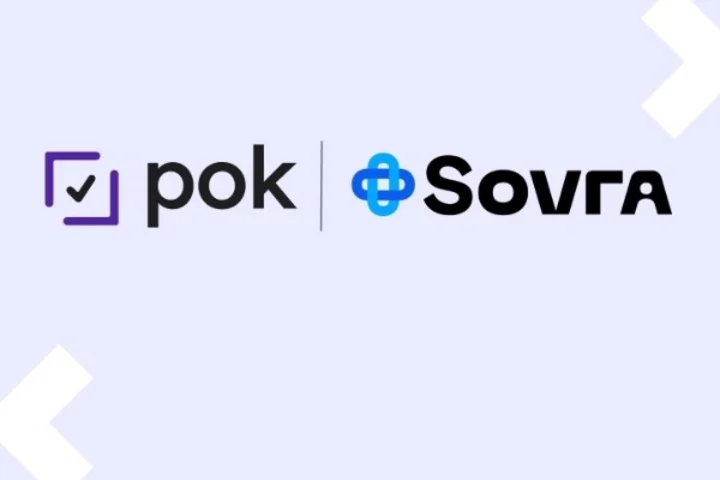The transformation of higher education in Mexico
Higher education in Mexico is at a decisive moment. Technological advances, digitalization, and the new demands of the labor market have accelerated the need for continuous, flexible, and dynamic learning models.
For decades, universities certified learning exclusively with long degrees or paper diplomas. However, this approach has clear limitations: costly documents, vulnerable to forgery, difficult international validation, and poorly aligned with a constantly changing world.
In this context, the need arises for digital credentials, and particularly verifiable NFT microcredentials, as a strategic response to:
- Validate specific skills quickly.
- Connect educational achievements with employability.
- Guarantee traceability and authenticity through blockchain.
UABC: the first public university in Mexico to take the step
The Universidad Autónoma de Baja California (UABC) took on the challenge and became the first public institution in Mexico to design and implement a comprehensive digital microcredentials strategy.
This project, developed together with POK – Proof of Knowledge, positioned UABC as a pioneer in the region and a national benchmark in the adoption of blockchain-verifiable credentials.
UABC’s vision aligns with international organizations such as UNESCO, which states that “people cannot go through life relying solely on what they learned in school or university; initial knowledge must be continuously updated.”
Why microcredentials?
The data is clear: 90% of employers say they would hire people with digital certifications.
This is because microcredentials are a reliable, fast, and attractive way to certify relevant and updated skills.
For students and professionals, they provide direct advantages:
- Improve employability in a competitive market.
- Specialize continuously in high-demand areas.
- Stack certifications that can turn into larger diplomas.
- Strengthen their professional résumé with verifiable, secure, and internationally recognized credentials.
In simple terms: digital microcredentials are the bridge between academic training and the real needs of the labor market.
Implementation at UABC
The model developed by UABC together with POK is characterized by its integral and scalable approach. The university designed a clear typology of digital credentials:
- Short-duration microcredentials: 1 to 9 hours.
- Intermediate microcredentials: 10 to 160 hours.
- Extended microcredentials: more than 160 hours.
These cover strategic areas such as:
- Digital skills.
- Languages.
- Health.
- Socio-emotional competencies.
- Teacher training.
Currently, UABC offers more than 135 active microcredentials, issued as NFT badges verified on blockchain, ensuring authenticity and international validity.
The numbers speak for themselves:
- +1,200 students have already participated in microcredential programs.
- By 2025, the institutional goal is to surpass 15,000 issued credentials.
Impact on students, employers, and the institution
For students and professionals:
- Acquisition of specific knowledge that strengthens professional performance.
- Better job opportunities thanks to reliable certifications.
- Portability of achievements in a personal digital wallet, ready to share on professional networks, job applications, or international mobility programs.
For employers:
- Fast and secure validation of skills through blockchain.
- Reduced risk of fraud or document forgery.
- Greater confidence in hiring certified talent.
For UABC:
- Consolidation as a pioneering institution in Mexico in implementing verifiable NFT credentials.
- Strengthened institutional reputation as a leader in educational innovation.
- Optimization of administrative processes, reducing costs and issuance times.
Concrete results
The impact of this strategy has been significant:
- UABC moved from relying on paper certificates to issuing NFT digital credentials with international validity.
- Continuous student specialization has enhanced employability opportunities.
- The university is now a regional benchmark in educational innovation and digital transformation.
Testimonial
“Thanks to POK – Proof of Knowledge, at UABC we can transparently recognize and share the achievements of our students and professionals, ensuring the authenticity of their credentials and connecting them to better opportunities in the labor market.”
A replicable model across Latin America
The success of UABC inspires other universities in the region. Digital NFT microcredentials are not an isolated experiment but the new global standard of academic and professional certification.
The combination of flexibility, transparency, and employability value makes digital credentials a key element of the future of education.
With UABC at the forefront and POK as a strategic partner, this case proves that educational innovation is not optional—it is essential.
Conclusion
With 135+ active microcredentials, 1,200 students already benefited, and a projection of 15,000 issued credentials, the Universidad Autónoma de Baja California (UABC) consolidates together with POK an innovative, reliable, and scalable model of digital certification.
This case reaffirms that the future of higher education in Mexico and Latin America will be marked by the adoption of verifiable NFT digital credentials, connecting academic training directly with employability, mobility, and global trust.
📚 Learn more about how UABC and POK strengthen educational innovation and employability through digital credentials




